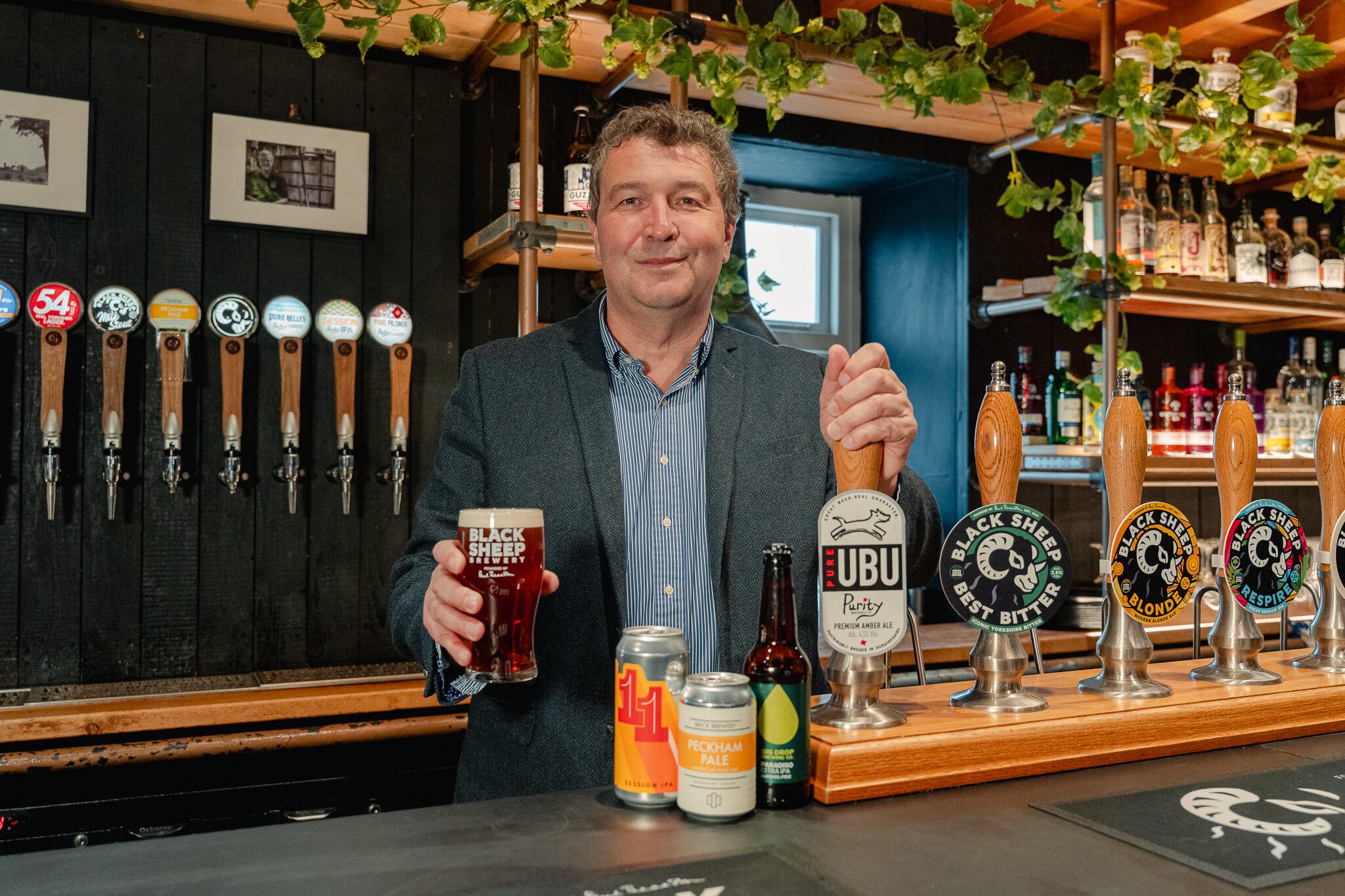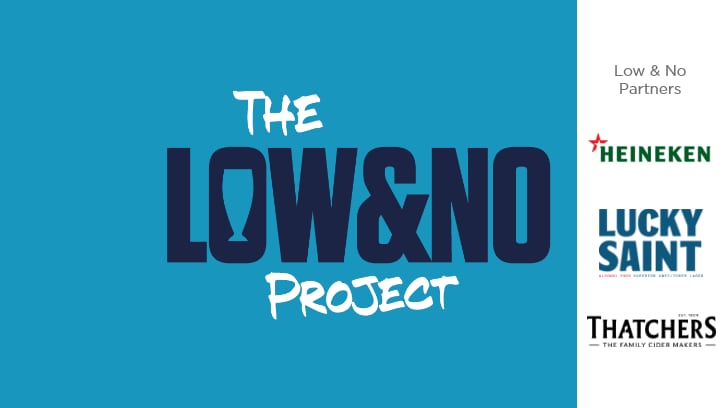It is an important development, not just because of what it signals about this particular policy, but because of what it suggests about the future of regulation across our industry.
EPR, in principle, is rooted in a sound idea: holding producers accountable for the full lifecycle of their packaging.
It aligns with the growing environmental awareness that many in our sector have already embedded in their operations but implementation matters and, in this case, the detail and a clear transitional plan simply weren’t there.
The classification of hospitality packaging – including beer bottles as ‘household waste’ led to a flawed outcome.
Paying twice
Many businesses found themselves paying twice: once through EPR-related costs passed on by suppliers, and again through commercial recycling fees. For brewers, pubs and wholesalers already facing inflation, rising wage costs and cautious consumer spending, this added unnecessary pressure.
That’s why the announcement from Defra, agreeing to work with the sector to explore an alternative model, is a welcome and overdue correction.
It is also testament to the persistent and collaborative efforts led by the likes of UKHospitality and is a clear indication the Government has listened to the industry’s deep concerns and acted on evidence to work towards a process that will benefit the industry.
But let’s be clear – this is not a final fix. As someone who has spent years navigating the operational challenges of brewing and distribution, I would caution against viewing this as a solved issue.
What we need now is not just an improved version of EPR, but a better process for shaping policy more broadly. Regulation should be developed with the industry, not simply handed down to it.
Appetite for change
There is plenty to be optimistic about. Across brewing and hospitality, there is a strong appetite for change: lighter bottles, lower-impact packaging, more reuse and greater efficiency.
These are not abstract goals – they are live projects many producers have already introduced but scaling those efforts requires investment and clarity, not systems that increase cost, without delivering value.
The truth is most of us want to do the right thing but to make it sustainable – for both the environment and the business – policy must be grounded in operational reality.
If we’re serious about building a more resilient, sustainable future for UK hospitality, ongoing dialogue with those brewing the beer, running the venues, and managing the supply chains must become the norm, not the exception.
Let’s use this opportunity not just to repair a broken scheme but to build a better working relationship between policymakers and the people who keep our pints pouring.
- The Government announced its base fees for the EPR scheme earlier this week to the lament of trade body British Beer & Pub Association, which you can read about here.




